The expiration date on sour cream is a guideline rather than a strict cutoff. When stored properly, sour cream can often be safely consumed up to 3 months before expiration.
However, checking for signs of spoilage, such as mold or an off smell, is crucial before consuming expired sour cream. Keeping sour cream refrigerated at all times, avoiding cross-contamination, and using clean utensils can extend its shelf life. Additionally, using expired sour cream in cooked dishes, where it will be heated, can minimize the risk of consuming spoiled dairy products.
Here we will delve into the sour cream 3 months past expiration and explore effective techniques to make it last longer, even past its expiration date. So, if you’re ready to save money and reduce food waste, keep reading to discover how to use sour cream post-expiration safely.
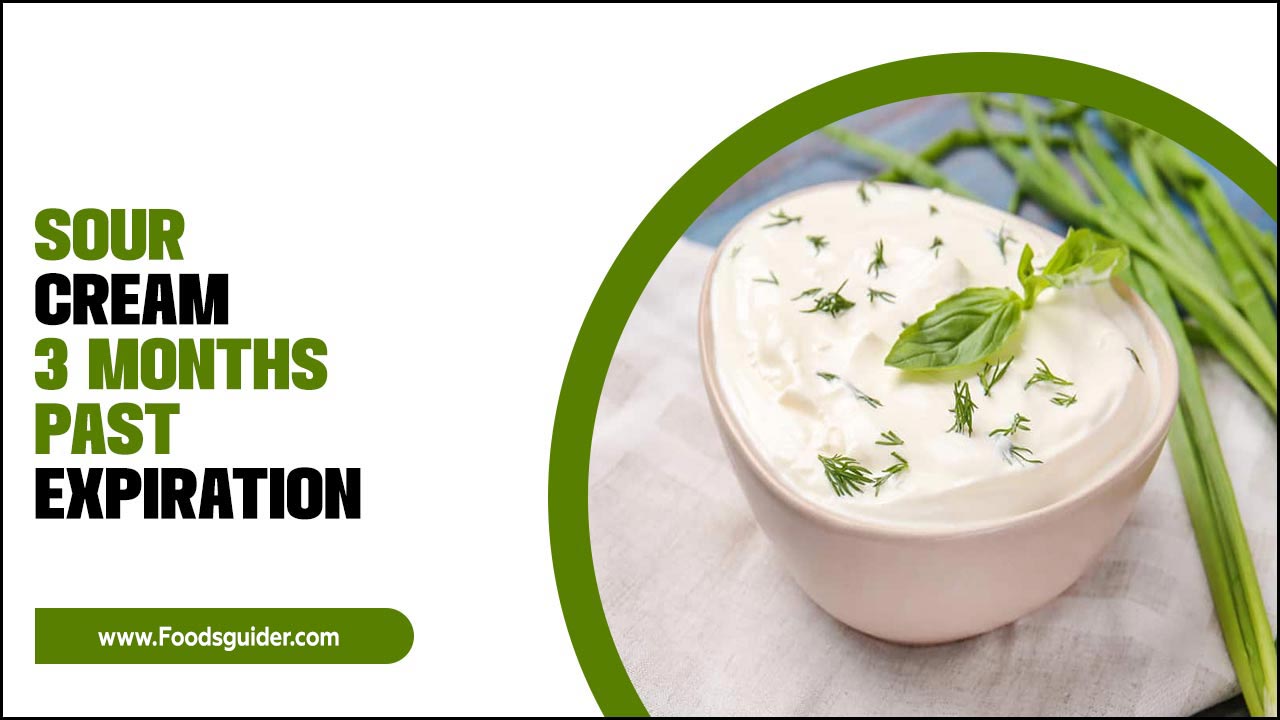
How To Effectively Extend Sour Cream 3 Months Past Expiration
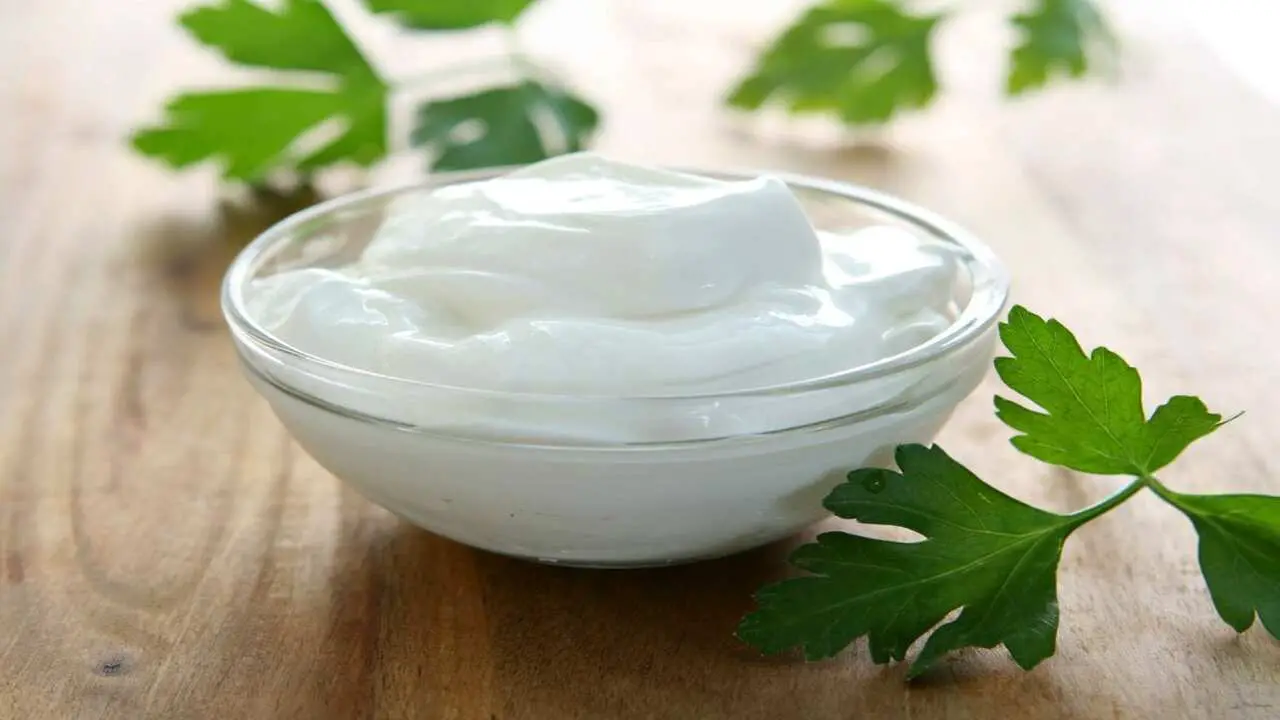
To effectively extend the shelf life of sour cream 3 months past expiration, it is important to check for signs of spoilage, such as mold or an off smell, before consuming. Store sour cream in the coldest part of the refrigerator, ideally below 40 degrees Fahrenheit. Transfer it to an airtight container to prevent air exposure and extend its shelf life.
Avoid double-dipping or using dirty utensils, which can introduce bacteria and accelerate spoilage. Freezing sour cream in portion sizes can also preserve it for longer periods. Using sour cream in cooked dishes or recipes that require heating can help kill potential bacteria.
Proper Storage Techniques
Proper storage techniques are crucial to ensure that your sour cream stays fresh and safe to consume. Seal the container tightly to prevent exposure to air and moisture. Store your sour cream in the coldest part of the refrigerator, preferably on the back of the bottom shelf.
Keep it away from foods with strong odors to avoid flavor absorption. Always use a clean utensil to scoop out the sour cream and check for any signs of spoilage, such as mold or off-putting odor, before consuming.
Signs Of Sour Cream Spoilage
Signs of sour cream spoilage are easily detectable. Mold growth on the surface clearly indicates that the sour cream has spoiled. Another sign is an off-putting odor or sour smell. If the cream has visibly separated or curdled, it is a sign of spoilage.
Discoloration, such as a yellow or greenish tint, is also a red flag. Lastly, if the sour cream tastes rancid or unusual, it is no longer safe to consume. Remember to always check for these signs before using sour cream.
Factors Influencing Sour Cream Expiration
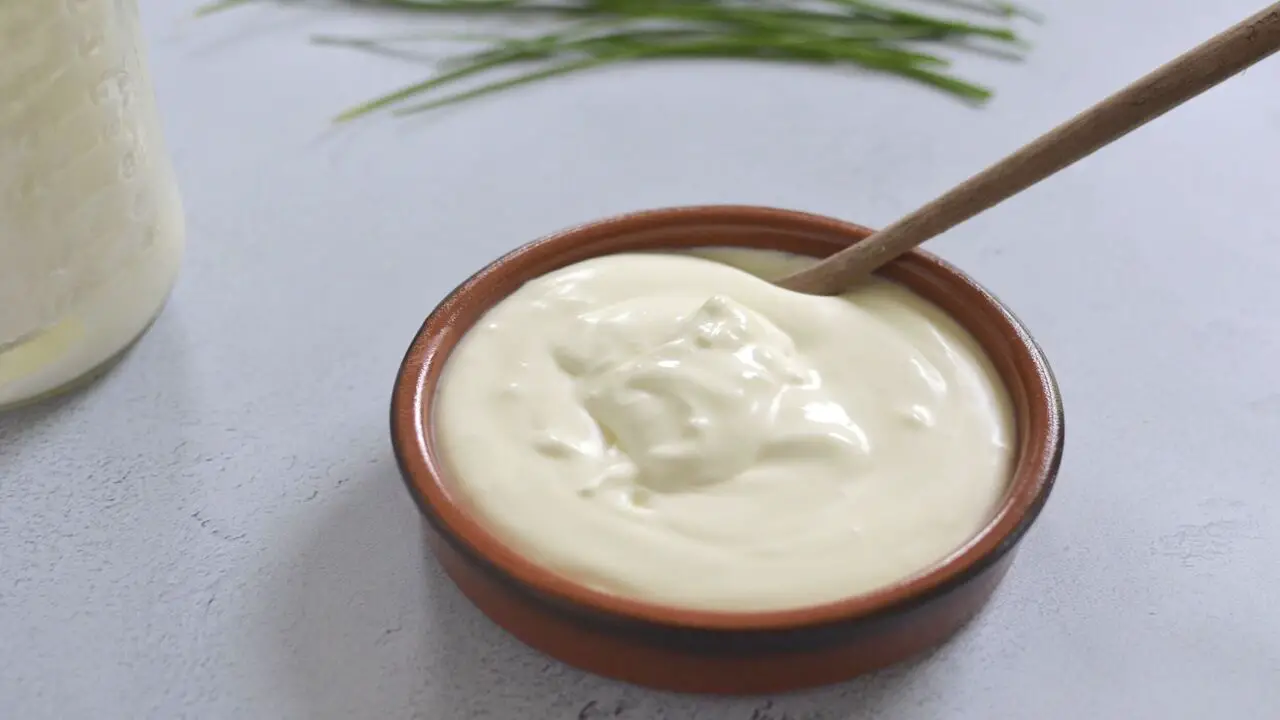
Storing sour cream at the right temperature is crucial for extending its shelf life. Proper handling and storage practices can prevent contamination and spoilage. The type of packaging used for sour cream can impact its shelf life. Sour cream made with high-quality ingredients and produced under strict standards may have a longer shelf life. How sour cream is used and stored once opened can also affect its expiration date.
Can Sour Cream Survive 3 Months Past Expiration?
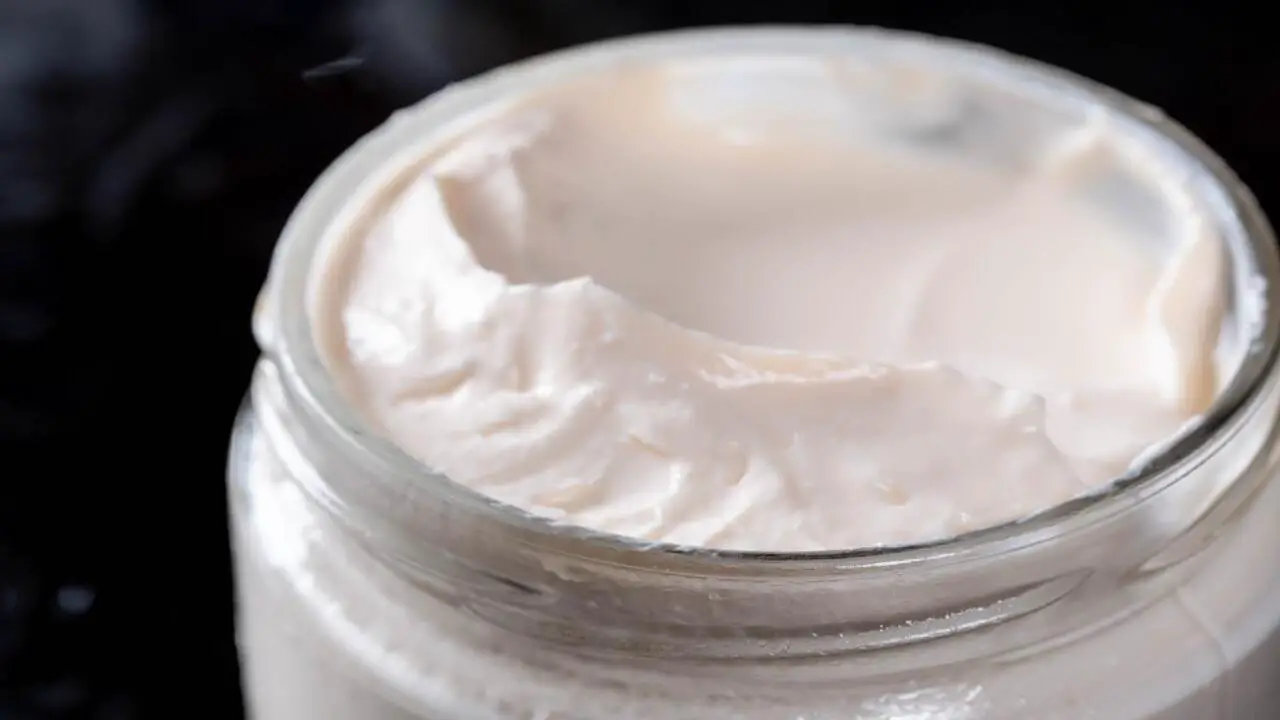
Sour cream can often remain edible for up to 3 months past its expiration date if stored properly. Before consuming, check for signs of spoilage such as mold, an off smell, or unusual texture. It is likely safe to eat if it looks and smells fine but use your discretion.
Risks Associated With Consuming Expired Sour Cream
Consuming expired sour cream can lead to food poisoning and gastrointestinal issues. Expired sour cream may contain harmful bacteria and molds that can make you sick. Expired sour cream can cause nausea, vomiting, diarrhea, and stomach cramps.
Checking the expiration date and discarding sour cream past its prime is important. Always store sour cream properly and consume it within the recommended timeframe to ensure food safety.
How To Safely Use Sour Cream Post Expiration
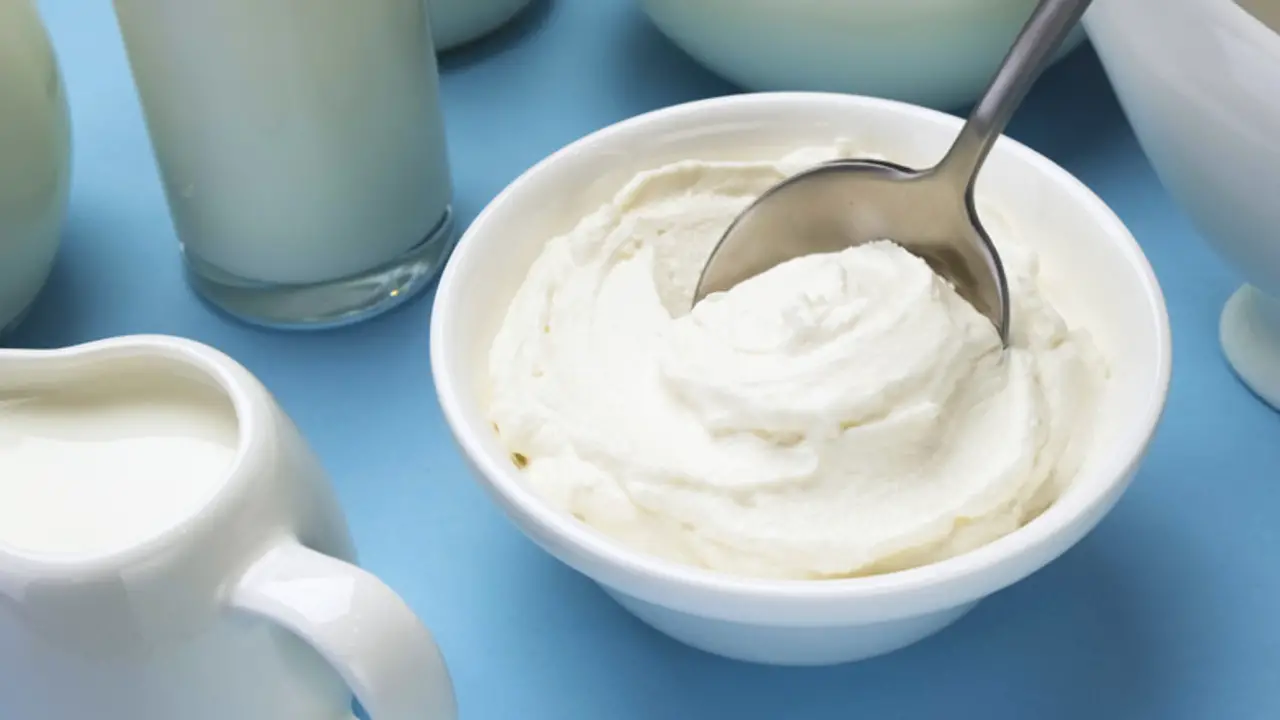
Check for signs of spoilage before using expired sour cream, such as mold or an off smell. Use your senses to determine if the sour cream is still safe to eat, including checking for changes in texture or appearance.
If it appears fine, give it a taste test to ensure it hasn’t gone bad. Consider using expired sour cream in cooked dishes rather than consuming it raw. Store it properly by keeping it refrigerated and sealed tightly.
Checking For Signs Of Bacterial And Mold Growth
When examining sour cream 3 months past its expiration date, look for visible signs of mold, such as fuzzy spots or discoloration. Additionally, check for any off smells or a sour odor, which could indicate bacterial growth. Trusting your senses in determining whether the sour cream is safe to consume is important.
If there are no signs of spoilage and the smell is normal, it may still be okay to use. However, if there are doubts about its safety, it’s best to err on caution and discard it. To extend the shelf life of your sour cream, store it in the coldest part of the fridge and be mindful of avoiding cross-contamination.
Is It Safe To Consume Sour Cream 3 Months After The Expiration Date?
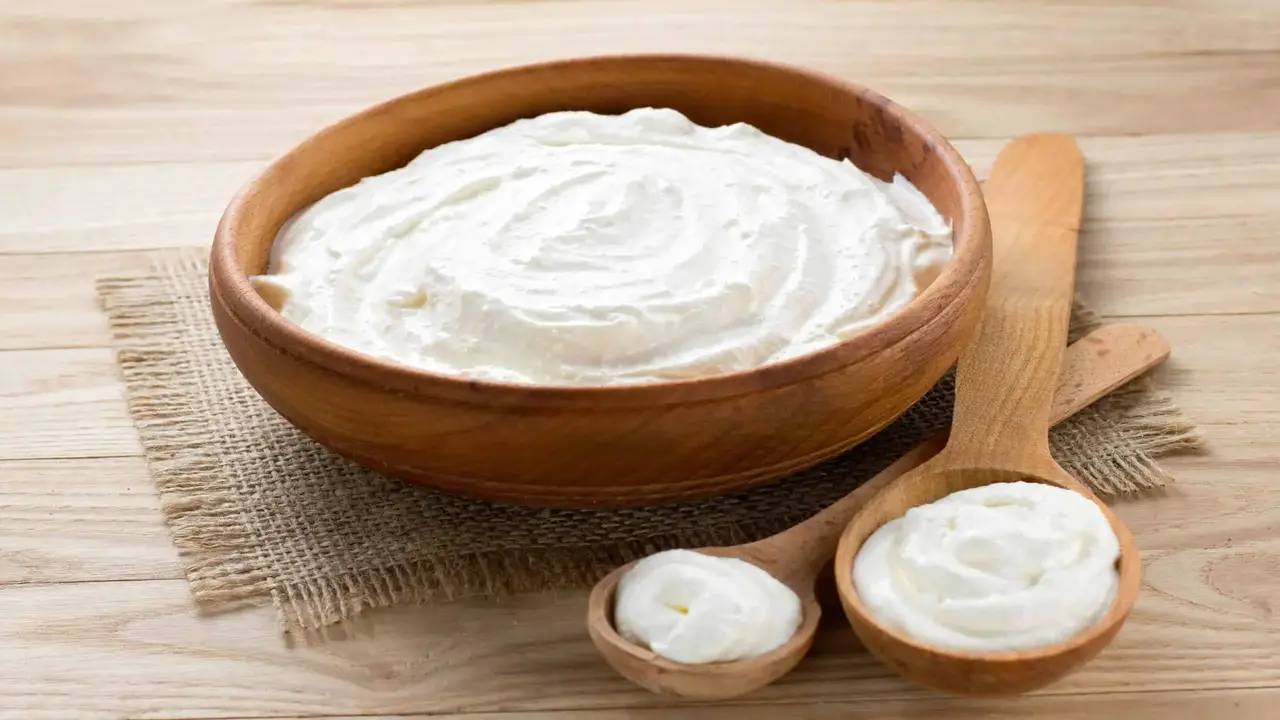
Consuming sour cream 3 months past its expiration date is generally not recommended. The expiration date is a guideline for freshness and safety. Expired sour cream may harbor harmful bacteria or spoilage, increasing the risk of foodborne illnesses. To ensure food safety, discarding sour cream after the expiration date is best.
How To Tell If Sour Cream Has Spoiled
To determine if sour cream has spoiled, there are a few key indicators to look for. Check for any mold or discoloration, as this can be a clear sign of spoilage. Next, give the sour cream a sniff test to detect off or rancid odors.
Separation or curdling in the texture can also indicate that the sour cream has gone bad. Additionally, consider the expiration date and how the sour cream has been stored. Lastly, use your judgment and consider your own tolerance for consuming slightly expired products.
Tips To Prolong The Shelf Life Of Sour Cream
To ensure the longevity of your sour cream, it’s essential to follow these tips. First and foremost, store it in the refrigerator at the correct temperature. Whether in its original container or transferred to an airtight one, ensure it is sealed tightly to prevent bacteria and contaminants from getting in.
Always use clean utensils when scooping sour cream to avoid introducing harmful bacteria. Lastly, before consuming sour cream past its expiration date, check for signs of spoilage, such as mold or discoloration. Taking these precautions will help extend the shelf life of your dairy product.
How To Store Sour Cream For Maximum Shelf Life
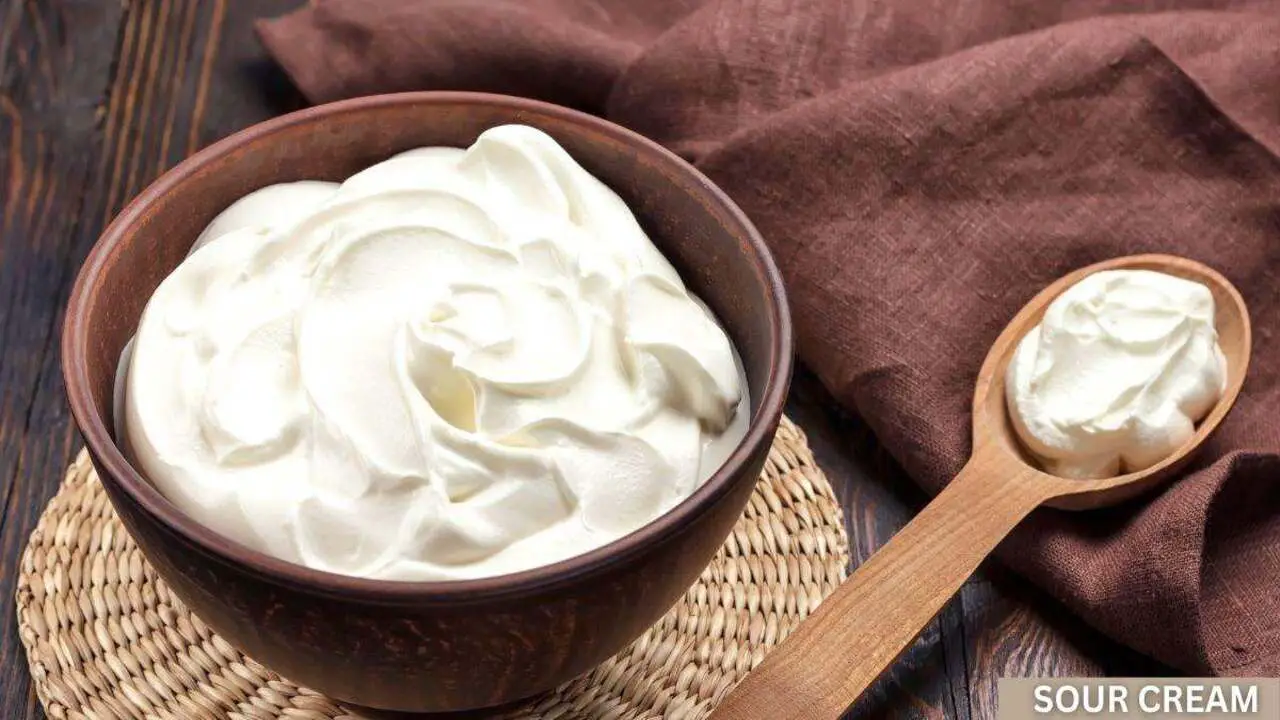
To ensure maximum shelf life for your sour cream, it is important to follow proper storage techniques. Always keep sour cream refrigerated at all times and store it in its original container or transfer it to an airtight container.
Place the sour cream in the coldest part of the refrigerator, such as the back of the bottom shelf, to maintain its freshness. Avoid exposing sour cream to temperature fluctuations by keeping it away from the refrigerator door. Check the expiration date and discard sour cream if it is past it. Lastly, do not leave sour cream out at room temperature for extended periods of time.
Conclusion
To extend the shelf life of sour cream by an additional three months beyond its expiration date, it is crucial to practice proper storage techniques and remain vigilant for signs of spoilage. Consuming sour cream that has passed its expiration date can be risky, so it is important to check for any bacterial or mold growth indications before using it.
However, it is always advisable to use fresh sour cream whenever possible to prioritize food safety. By adhering to these guidelines and storing sour cream appropriately; you can prolong its shelf life and reduce unnecessary waste.
Remember to refrigerate the sour cream promptly after each use and avoid exposing it to excessive heat or moisture. Hope the above outline on sour cream 3 months past expiration will help you to extend the cream exploration date.
Frequently Asked Questions
1.Is Sour Cream Good 2 Months After Expiration Date?
Ans: Generally, consuming sour cream 2 months after the expiration date is not recommended. The expiration date indicates when the product is freshest and safest to consume. Consuming expired sour cream can pose risks of foodborne illnesses, so it’s best to discard it for food safety.
2.Is It Safe To Use Sour Cream After The Expiration Date?
Ans: Sour cream can often be safe to use after the expiration date. Check the appearance, smell, and taste. If it looks, smells, and tastes normal, it is likely still safe to consume. Trust your judgment and senses when determining if expired sour cream is safe.
3.What Can You Do With Expired Sour Cream?
Ans: Expired sour cream can still be used in baking and cooking. It adds moisture and flavor to cakes, bread, and muffins. You can also incorporate it into dips, dressings, or sauces after checking for any signs of spoilage. Trust your senses and discard it if it smells off or has mold.
4.Is Your Sour Cream Getting Close To Its Expiration Date?
Ans: Wondering if your sour cream is still safe to eat? Check for signs of spoilage like mold or an off smell. If it looks and smells fine, you can consume it past expiration. Store it properly in the fridge to extend its shelf life, and always taste it before eating.
5.Why Does Sour Cream Go Bad?
Ans: Sour cream can spoil due to the growth of bacteria or mold. The high moisture content and creamy texture create an ideal environment for bacterial growth. Exposure to air and improper storage conditions can also accelerate the spoiling process. Consuming spoiled sour cream can lead to foodborne illnesses, so discarding it if it smells or tastes off is important.
Meet Joseph Bryant, the creative force behind Foodsguider. As a self-taught chef and passionate food explorer, Joseph Bryant invites you to savor the journey through delightful recipes and the stories that accompany them. From kitchen adventures to the joy of sharing, join Foodsguider in celebrating the magic of good food and lasting memories.
